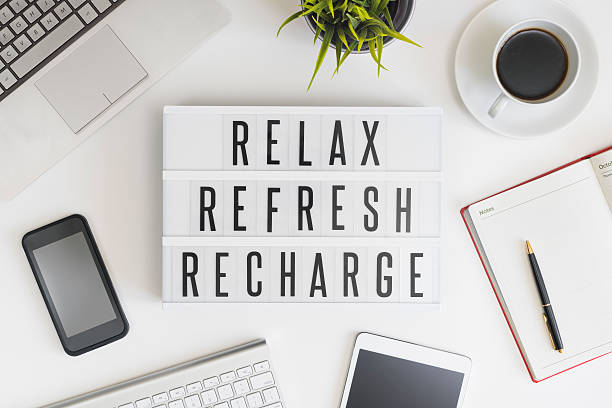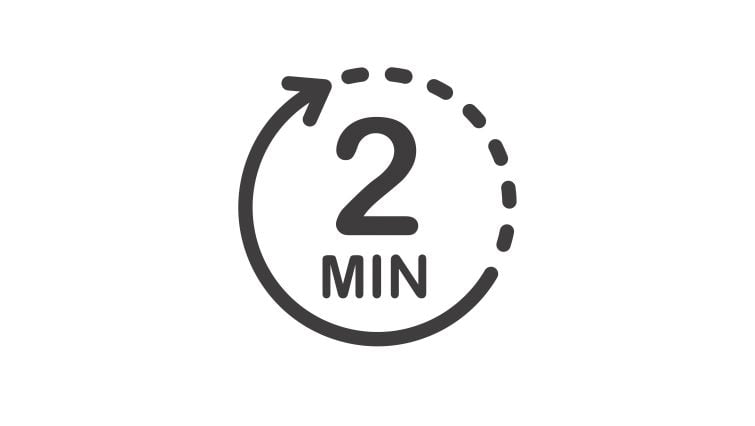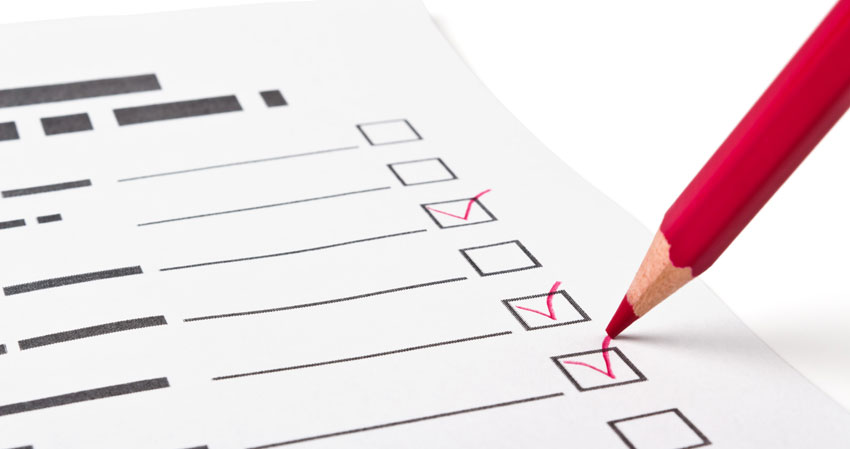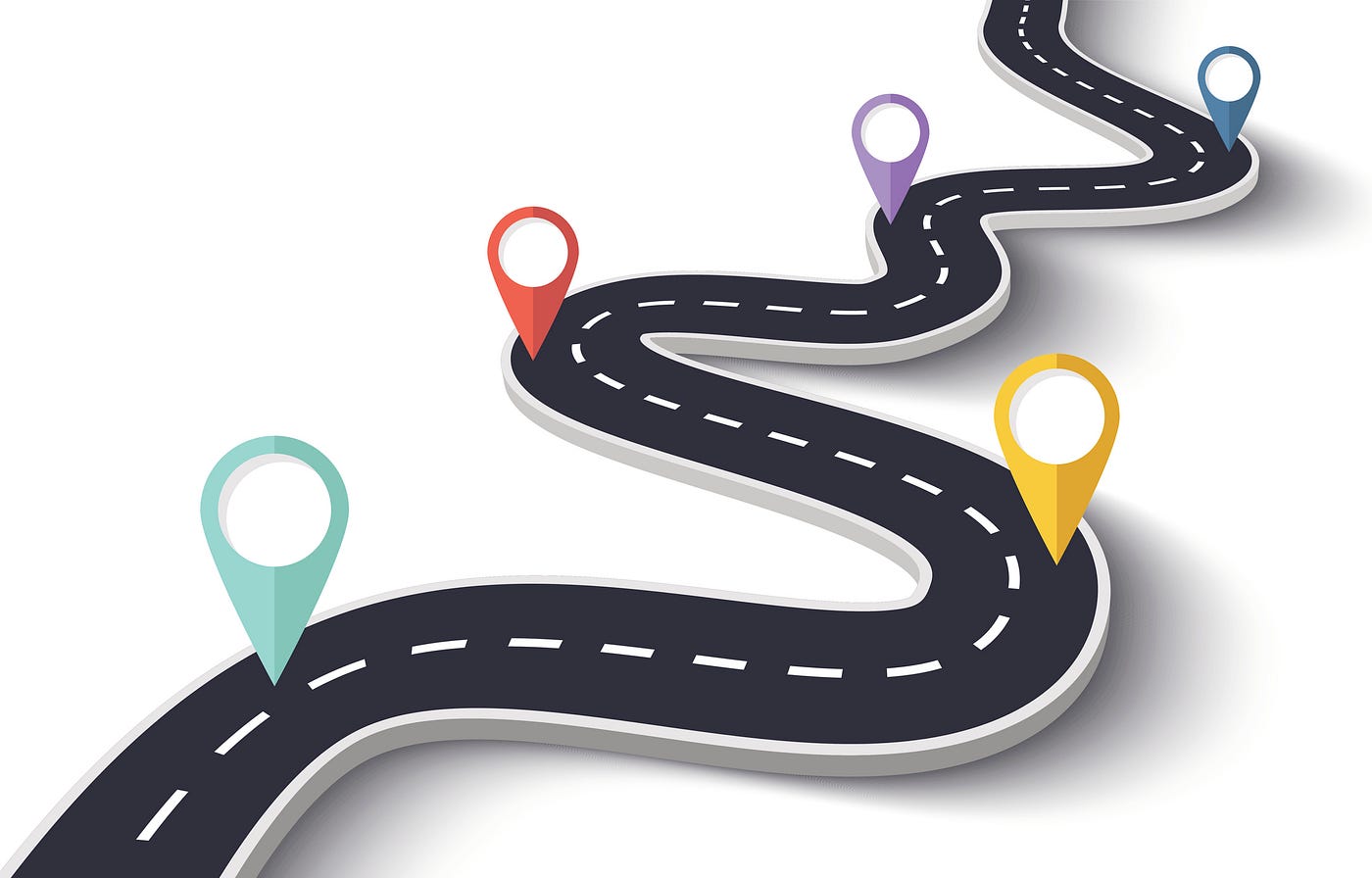6 Tips to Increase Your Productivity

Being productive at work can be challenging. It’s hard to figure out how to manage your time in ways that are conducive to your productivity. Managing time has become an all too real struggle for everyone. No matter who you are or what you do for work, you need to be on point with how to manage your time, as well as the best ways to do that. We’ve got some experience with managing time and finding ways to increase our productivity. Here are six great ways to help increase your productivity and improve your work life.
Turn Off All Distractions
Every time an email pops up on your screen, your phone buzzes, or when your office door opens, your train of thought is thrown off track. We all like to believe that we can both participate in a group chat and write our presentation, but the truth is, most of us can’t do both effectively. Your best work comes with silence and focus.
Setting boundaries will help you keep distractions at bay. If a coworker comes to talk, let them know that you’d be happy to talk later, at a time you’ve dedicated as a bit of a break for yourself, as opposed to when you’re in the middle of working. Maybe that boundary is leaving your phone in a desk drawer for a certain amount of time. Communicate your limits both to your coworkers and yourself in a way that respects your productivity and time. If you want to increase your work productivity, you’ll have to turn off all the distractions that keep you from working.

Take Breaks
No matter what work environment you’re in or how well you’ve communicated your boundaries, you’re bound to come across some distractions. However, these distractions don’t have to necessarily be bad. These distractions can be planned, even, and good for your productivity.
You might think that spending more time working will help you get more things done; however, when you're burned out, you will never work as well. This often comes from a perfectionist’s perspective; you want the best out of all of your work, so you overwork yourself to higher standards than you need to for any given project. This creates a ton of burnout quickly.
Studies show that taking regular breaks during the day will dramatically help increase concentration and boost your mood. To help boost your productivity, take short breaks and walk around the office, chat with a coworker for a few minutes, or grab a mid-day latte. These breaks are planned, though. Unlike removing distractions, we’re looking to build in relaxing breaks to get our minds and bodies free of stress, which will allow us to continue working.
Schedule in points throughout the day where you take small breaks. You’ll be amazed how much more productive you’ll be when you get back from that walk!
Stop Multitasking
It can be incredibly tempting to want to try and take care of several tasks at once. However, it has been proven that multitasking doesn't work. If you think that you can efficiently juggle phone calls, emails, and presentations without losing your productivity, you're probably fooling yourself. If you want to increase your productivity, you need to focus on one task at a time. Creating a schedule to focus on specific tasks at specific times can help keep you focused and less likely to bounce around projects.
Oftentimes, multitasking is a sign of a larger productivity killer, indecisiveness. It can be challenging, sometimes, when you have multiple projects going on at once how to best tackle them. Instead, we try to do them all at the same time. This causes our brains to not focus on any task we’re trying to do!
Create a prioritized schedule for your tasks. Which ones need to be done first? Which ones can wait a bit? As well, think about how long some tasks will take to complete when prioritizing projects.
Implement the 2-Minute Rule
Make the most of your time by filling those small windows of downtime with actual tasks. Finding and completing tasks that take less than two minutes to finish will save you time during the day. If you have tasks that you can complete in two minutes or less, just jump in and do them. By the end of the day, you’ll be surprised with how much you’ve gotten accomplished!
Sometimes it’s best to start your day with one of these two minute tasks. It can be daunting to immediately start your day with a large project, so starting with one or two smaller tasks can get you in the headspace of tackling larger projects.
These two minute tasks can also serve as some of your breaks from doing other larger tasks. Break up large tasks with smaller, scheduled two minute tasks to give yourself a bit of a break without completely breaking your workflow. Sometimes, those moments away from a task can be your most productive moments!
Tackle the Biggest Tasks When You’re Most Alert
Understanding when you work best is key to completing the big projects on time. There is no set work time for everyone, as much as the 9-5 schedule would like you to believe. If you're a morning person, tackle your big tasks when you first start your day. If you take a few hours to get rolling, start with some easier tasks earlier on before going after those bigger ones.
Creating a work routine will help create times when you habitually feel more alert and productive. If you always run at 6 a.m., it’ll be easier for you to wake up and run at that time than someone who jogs in the evenings.
In contrast, not having your own set work routine can be killer for your productivity. Everyone has a work schedule that works for them, and by not creating one or finding out how we best work, we’re prone to falling into long bouts of procrastination and unproductive days. It’ll be harder to get into the zone.
Get that schedule going! The better you know your own schedule and when you work best, the better work you’ll produce.
Not every day will be productive, either, so don’t beat yourself up over it. Instead, try to refocus your energy and implement these productivity tips into your day. Once you find what works for you, you’ll be amazed at how much you can get done.
Create a Long-Term Roadmap
Planning is a repetitive task that can drag you away from your day-to-day activities. Creating a long-term plan can allow you to better focus on your goals and help you decide whether new tasks that come up are in line with your goals. When you can define the well-known duties that are crucial to your success, you can determine the expected outcomes and measure them every month.
Preparing a long-term roadmap will also provide you a clearer picture of your weekly availability, and when other projects and distractions pop up, you can plan yourself out accordingly instead of wondering when you’ll have the time to do everything. And if you’ve figured out how and when you work best, you can easily move projects and your schedule around when you have to reprioritize current tasks or add a new one into the mix. A little bit of schedule can save a lot of time and stress, allowing you to focus more on what matters most.




